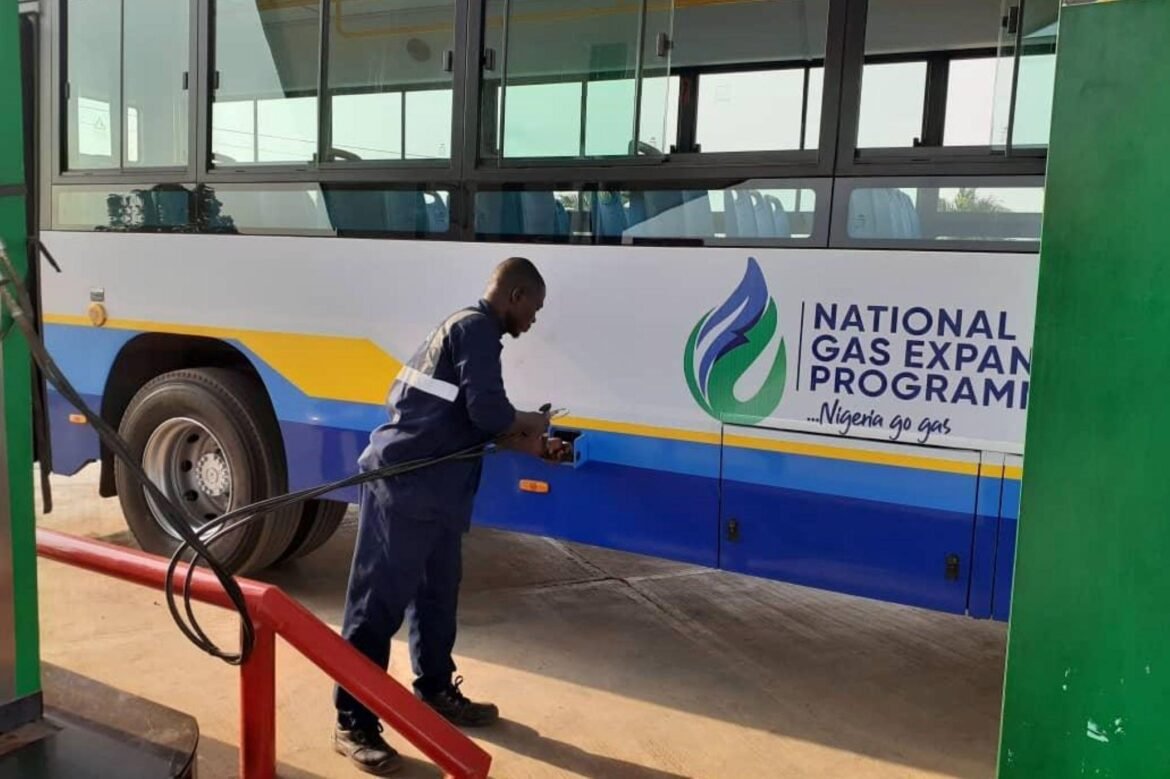It has become a normal sight in Lagos to see workers, in their hundreds, walking three or four kilometers, across bridges and highways to their destinations.
The treacherous long walks started on February 1, 2020 when the government of Babajide Sanwo-Olu placed a ban on commercial motorcycles and tricycles.
Then the coronavirus pandemic hit the world.
The response was a total lockdown of entire countries and several states in Nigeria.
The impact was devastating, leading to a drop in price of crude oil, a devalued currency, an eventual economic recession and a restless youth population with nowhere to direct the energy.
Added to this toxic mix was the determination of the federal government to completely remove the subsidy on petroleum products, which in truth has been slowed down by the social unrest and the crippling #EndSARS protests.
The effect of all of this is that workers in the Nigeria’s commercial capital are no longer walking long distances due to lack of because a crucial means of transportation.
They are walking because the cost of transporting themselves from one end of a city to another has not only gone up, but is now unaffordable.
But before the ban of motorcycles, before COVID-19 and the attendant economic recession, before #EndSARS protests and before the push to remove the subsidy on petroleum products, there was the National Gas Expansion Programme (NGEP) inaugurated in January 2020 by the Ministry of Petroleum Resources with the objective of making 2020 the Year of Gas.
The NGEP could offer a lot more than an economic lifeline for a country in recession, it could also serve as a political lifeline for a government that has just endured the worst protests against its policies in decades
Unfortunately, the programme got buried by COVID-19, rising food prices and an economic recession.
2020 has been anything but the year gas. Rather, it has been a year of setbacks.
The focus of the Ministry has on the development of skills, technology and manpower, the growth of Liquified Petroleum Gas (LPG), Compressed Natural Gas (CNG) and Liquified Natural Gas (LNG), development of infrastructure and the promotion of gas usage in the country as embedded in the National Gas Policy and in line with the Ministry’s nine strategic priorities to be delivered between 2019 and 2023.
And yet, when President Muhammadu Buhari finally rolled out the programme last week, in the middle of a recession, with rising inflation; it has taken on a whole new significance.
The NGEP could offer a lot more than an economic lifeline for a country in recession, it could also serve as a political lifeline for a government that has just endured the worst protests against its policies in decades.
And for the first time since 1999, a sitting government has a real opportunity to actually go ahead a remove the subsidy on petroleum products.
The simple reason is that the Autogas policy may live up to the ministry’s slogan of being cheaper, safer, cleaner and better.
READ ALSO: Autogas Roll-Out Shows We Mean Business – Slyva, Minister of State for Petroleum
All of a sudden, everything appears to be coming together.
Right from inception, the APC government promised to create millions of jobs.
For the first, it has launched a policy with the potential to do so.
The programme is expected to create two million jobs yearly, at a time when there is a desperate need to expand job opportunities for the country’s youths.
The government has for years been battling with a national policy on transportation and the establishment of the National Transport Commission.
Here again is an opportunity to regulate price in the entire value chain of the transport sector.
Successive governments have always claimed that the subsidy in actual fact only subsidises the lifestyles of the rich.
They can now let those that can afford continue to buy petrol at the market price while creating the opportunity for the majority of Nigerians dependent of public transportation to enjoy the benefits of cheaper, safer and cleaner energy.
The Federal Government plans to deliver one million conversion vehicles by end of 2021.
It might be a good idea for it to focus on commercial vehicles.
To do that, it will have to work with states government and not only the Nigeria Labour Union, to which it has pledged 100 more CNG-powered mass transit buses, to reduce impact of deregulation of downstream sector on transportation costs.
State governments can make it mandatory for all commercial vehicles to convert from petrol to gas, NLC cannot.
A dedicated N250bn intervention loan granted by Central Bank of Nigeria will support the value chain and at least 400 conversion centres for activation nationwide, with the Federal Government’s support
Though there are conflicting reports as to whether private citizens will have to pay for the conversions, which has been tagged at N250,000, the reality is that the government maybe not be able to pay for every vehicle owner to convert from petrol to gas.
It has to be said that the successful roll out of the National Gas Expansion Programme could not have been achieved without a harmonious relation between the Minister of State for Petroleum Resources, Timipre Sylva and the Group Managing Director of the Nigeria National Petroleum Corporation, Mele Kyari.
That harmony is evident in how everything has been planned out including the drafting of the private sector, which the government hopes will build on pathway it has created to deepen the value chain, reduce costs, improve skills and create new markets.
From what the ministry has said, selected filling stations across all 36 states and the Federal Capital Territory will start the installation of facilities for gas products and conversion capabilities.
A dedicated N250bn intervention loan granted by Central Bank of Nigeria will support the value chain and at least 400 conversion centres for activation nationwide, with the Federal Government’s support.
It all sounds too good to be true, considering the short time the government has to deliver on the targets it has set for the Autogas policy.
But then, if it can deliver on this promise, even without fixing the troubles of the power sector, the rewards will be enormous, both in economic and political terms.







